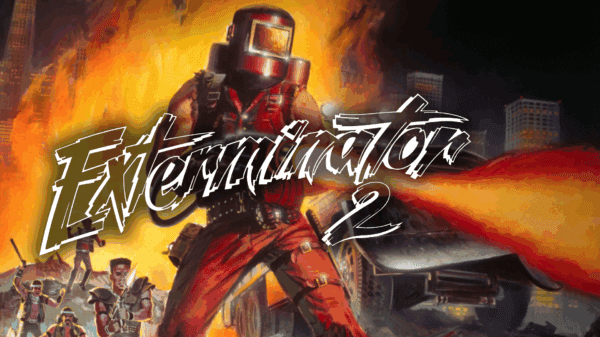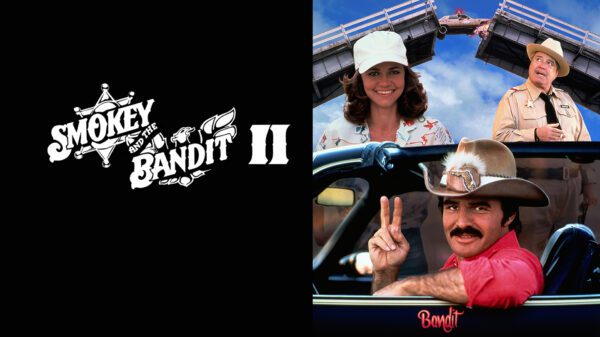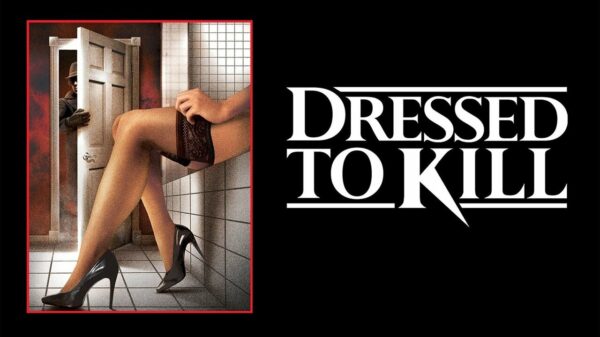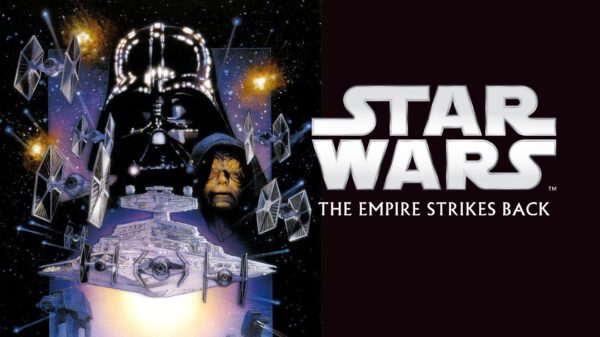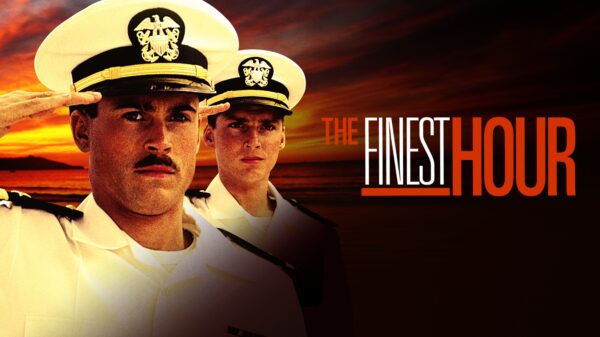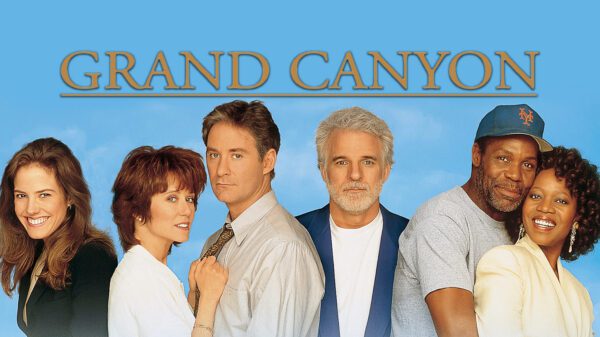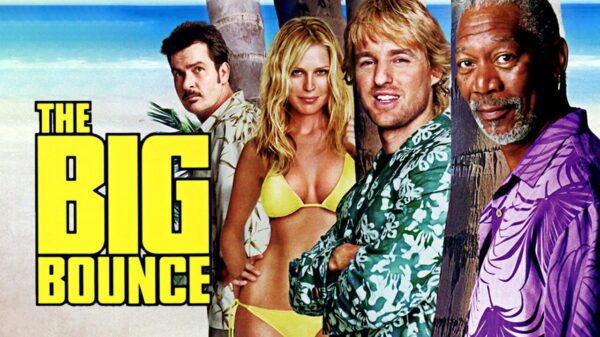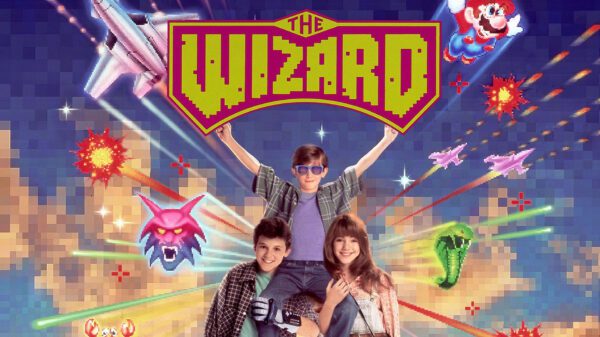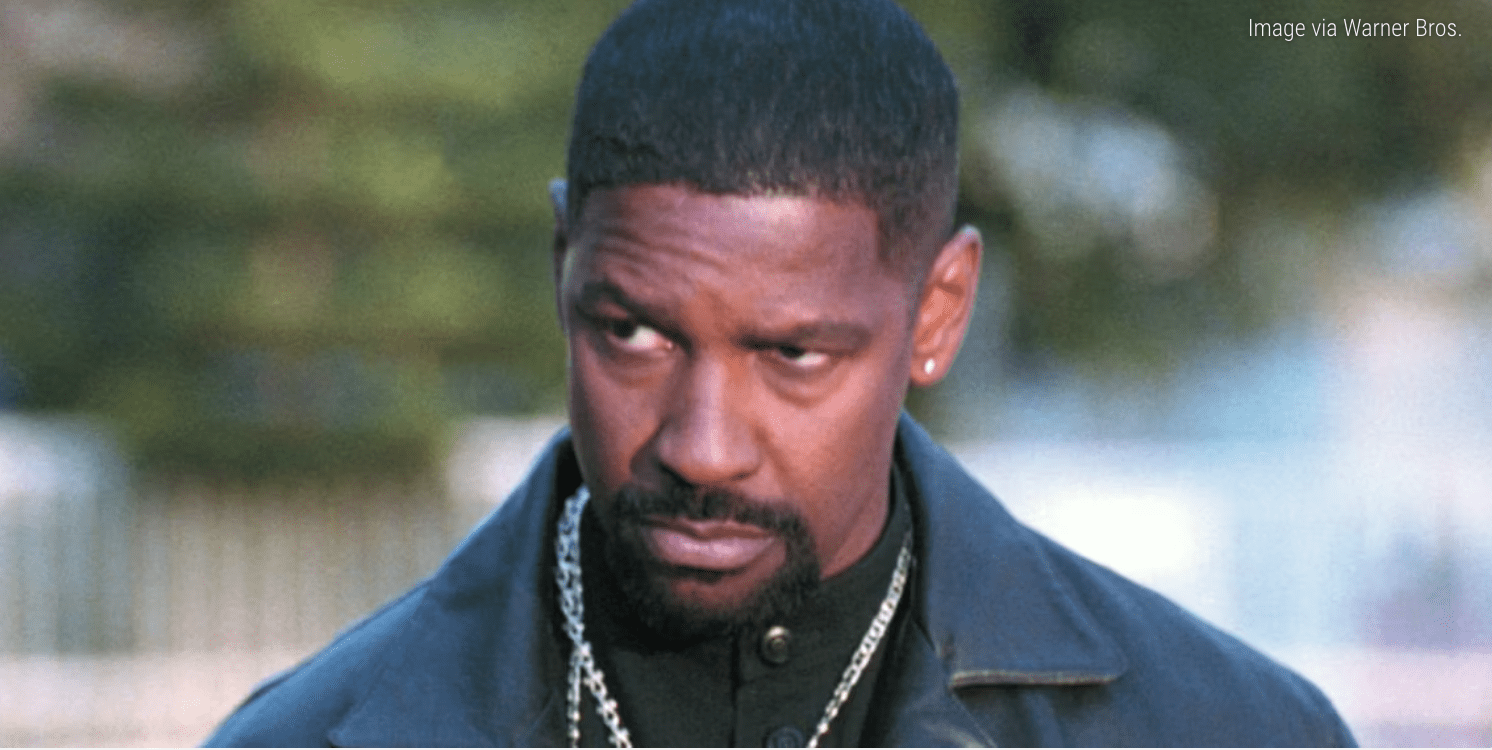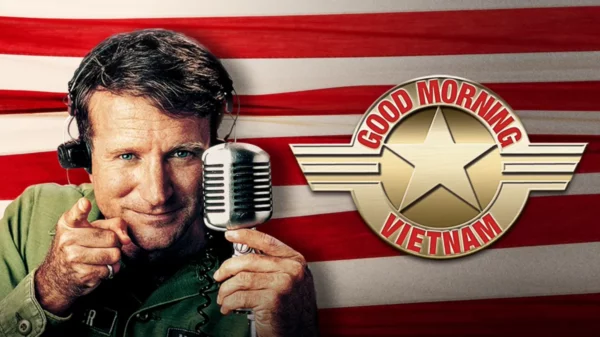Harrison Ford is famous for being in some of the most iconic films in the science fiction genre. Since the 1970s, Ford has left an indelible mark on sci-fi, shaping how we understand and appreciate these cinematic worlds. From his unforgettable portrayal of Han Solo in Star Wars to his complex turn as Rick Deckard in Blade Runner, Ford’s contributions extend beyond these classics to include significant roles in Ender’s Game and Indiana Jones and the Kingdom of the Crystal Skull. Together, these films demonstrate his versatility and enduring influence on the genre.
The Iconic Han Solo: The Reluctant Hero
Ford’s journey into science fiction began with his portrayal of Han Solo in George Lucas’s Star Wars in 1977. He brought a unique mix of charm, bravado, and a hint of vulnerability to the role, making Han Solo one of the most beloved characters in the franchise. Solo wasn’t your typical sci-fi hero—he was a smuggler with a heart of gold, a reluctant participant in the galactic struggle of light versus dark, who ultimately rose to the occasion.
Ford’s interpretation of Han Solo redefined the sci-fi hero archetype. Instead of the stoic, flawless protagonist often seen in earlier science fiction, Solo was a relatable character with flaws, doubts, and a sense of humor. Ford’s more nuanced portrayal opened the door for future sci-fi characters who were more complex, adding depth to the genre while at the same time portraying one of the most beloved characters of all time.
Blade Runner: A Masterpiece of Dystopian Sci-Fi
If Star Wars showcased Ford’s ability to play a charismatic hero, Blade Runner highlighted his capacity for portraying more complex, morally ambiguous characters. Released in 1982 and directed by Ridley Scott, who was coming off another Sci-Fi success with Alien, Blade Runner is a masterpiece of science fiction cinema. It defines the tech-noir genre with its dark art-deco sets, hardboiled dialogue, and mash-up of street cultures. Blade Runner explores themes of identity, humanity, and technology in a dystopian future.
Ford’s character, Rick Deckard, is a “blade runner” tasked with hunting down rogue replicants—bioengineered beings almost indistinguishable from humans. Unlike the swashbuckling Han Solo, Deckard is a brooding, introspective character grappling with the ethical implications of his work. Ford’s performance added a layer of gravitas to the film, helping to elevate Blade Runner from a visually stunning movie to a deeply philosophical exploration of what it means to be human.
Ford Exploring New Worlds: Ender’s Game
Fast-forward to 2013, and Harrison Ford again stepped into the sci-fi arena with Ender’s Game. Based on the classic novel by Orson Scott Card, the film explores the militarization of children in a future society where an alien species threatens Earth. Ford played Colonel Graff, an authoritarian, pragmatic leader responsible for training young cadets to become military commanders.
In Ender’s Game, Ford brought his trademark intensity to the role, portraying Graff as a man burdened by the weight of his responsibilities. His performance added emotional depth to the story, highlighting the moral complexities of war and the costs of leadership. While the film received mixed reviews, Ford’s role was widely praised for bringing a sense of gravitas and urgency to the narrative.
Revisiting the Past: Indiana Jones and the Kingdom of the Crystal Skull
After over a decade away from playing the character, Ford returned to the familiar Indiana Jones role he originated in 2008. While Indiana Jones and the Kingdom of the Crystal Skull might not be strictly a sci-fi film in the traditional sense, it incorporates significant science-fiction elements, particularly in its exploration of ancient aliens and otherworldly artifacts. This film blended action-adventure with speculative sci-fi themes.
Ford’s return as Indy, who was older and facing new challenges, brought a fresh perspective to the character. The film’s incorporation of sci-fi elements, such as extraterrestrial beings and inter-dimensional travel, allowed Ford to explore the genre in a new context. At the same time, the movie received mixed reactions from fans and critics; over time, it has become a classic. Ford’s performance was a testament to his ability to adapt to the evolving demands of the sci-fi genre while staying true to the character’s adventurous spirit.
Harrison Ford’s Lasting Legacy in Sci-Fi
Harrison Ford’s impact on the sci-fi genre is undeniable. From the swashbuckling Han Solo to the morally conflicted Rick Deckard and the hardened Colonel Graff to the seasoned Indiana Jones, Ford’s characters have become part of the weird and wonderful tapestry of science fiction cinema. His ability to bring depth, complexity, and authenticity to these roles has entertained millions and shaped how sci-fi stories are told.
Through his work, Ford has helped to elevate science fiction from mere escapism to a genre capable of exploring profound themes and ideas. His influence can be seen in countless films that followed, as well as in the way audiences and creators alike view the potential of science fiction as a medium.
As Harrison Ford continues to reprise some of his most famous roles and explore new ones, his legacy in the sci-fi genre remains as strong as ever. His contributions have helped to define the genre, and his performances will continue to inspire future generations of filmmakers and fans. Whether through the galactic adventures of Han Solo, the dystopian world of Rick Deckard, the moral dilemmas of Colonel Graff, or the sci-fi explorations of Indiana Jones, Harrison Ford’s impact on science fiction films is undeniable.

